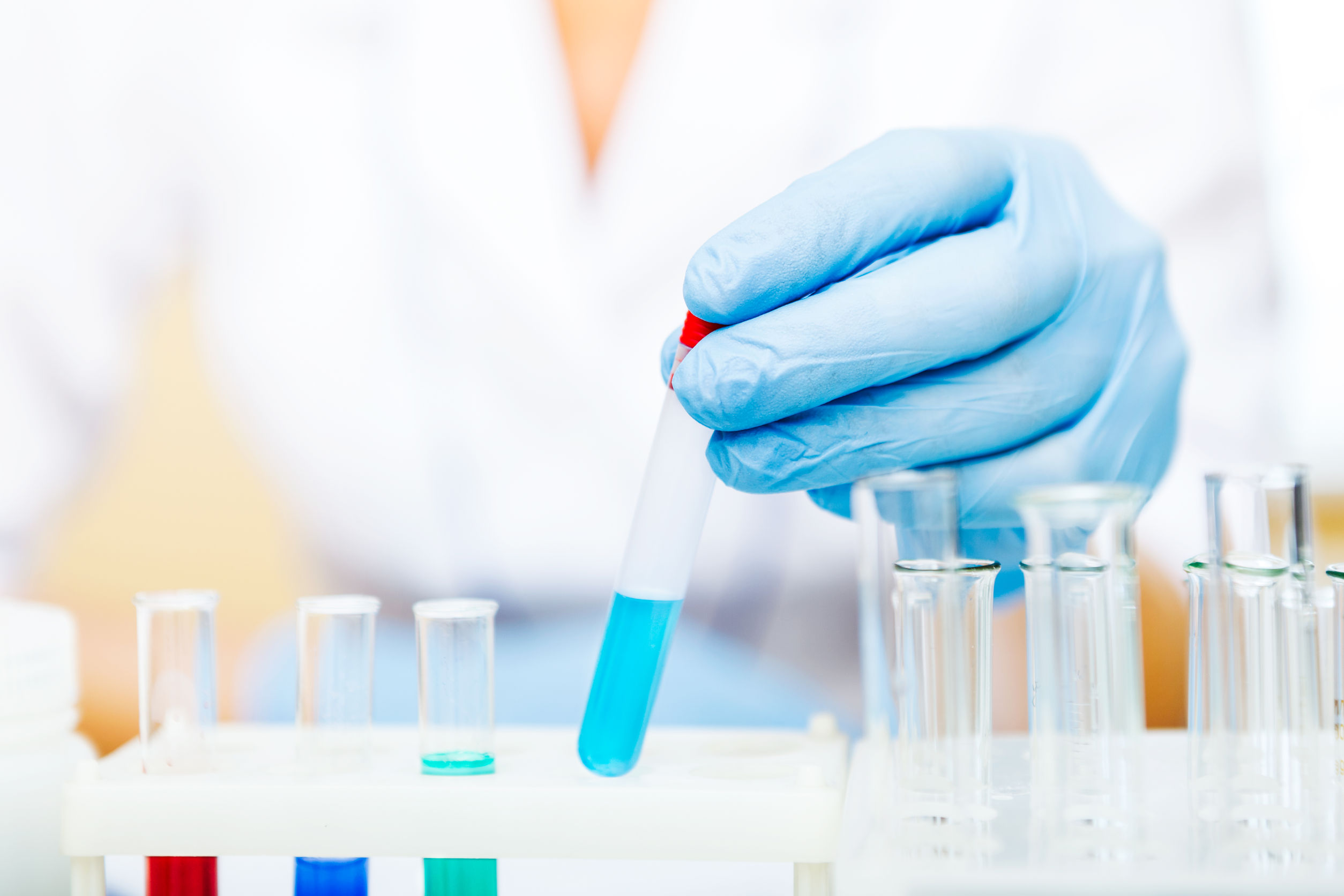Your Plan of Action – the natural approach
Get appropriate testing carried out to find out the exact imbalances present
Adopt an anti-inflammatory diet high in omega-3 rich oily fish and low in red meat
Consider whether your digestion is playing a part in your immune balance and address digestive health
Medicinal mushrooms have very powerful immune modulating effects – Take these under the advice of your nutritionist only
Best test options – Advanced Immune Profile
Dr. Lyuda Shkrobot, Immune Fertility Specialist, says..
‘I have worked with a large number of patients who have tried unsuccessfully for years. Once we balance their immune system, their chances of conceiving and staying pregnant increases significantly.’
This is a relatively new field of research, but it has given hope to many couples who might otherwise be considered as having ‘unexplained infertility’. Many couples who previously had no reason behind their fertility issues or recurrent miscarriage have now found that an immune imbalance might be a piece of the puzzle.
The human immune system is incredibly complex and has evolved to recognise itself as safe and outsiders as unsafe. In this way it can fight off infections from bacteria or viruses for example. However, we know that in some cases, the messaging gets confused. Take for example, autoimmune conditions; here the body starts to attack itself, no longer recognising its own cells or tissue as safe.
Immune balance in pregnancy
During a pregnancy, the woman has to carry a foetus that is only half of her DNA (or not even if donor eggs are used in assisted conception). The foetus is not recognised by her immune system as safe but still, a healthy pregnancy will allow the foetus to thrive and grow. This is called tolerance. The ways in which the human body adapts for foetal tolerance are the subject of much research and are truly fascinating.
However, much like in an autoimmune condition, sometimes the messaging is wrong. If the immune system is out of balance or in a heightened sense of alertness this may cause the woman to fight off a pregnancy or implanting embryo. This may result in infertility or miscarriage. In some cases, we will hear from patients that everything seems fine with all their other tests, but they have never once had a positive pregnancy test.
Type of immune cells in pregnancy and fertility
As mentioned, the immune system is extremely complex but (very) simply put, you have two main arms of the immune system, namely Th1 and Th2. The Th1 side is a more aggressive side that reacts to foreign invaders of non-self where the Th2 side is more involved with allergies. During a healthy pregnancy, we would like to tip the balance in favour of the Th2 side, which is one reason why women often find they have allergies such as hayfever for the first time when they are pregnant. Women with autoimmune conditions will also often see a period of remission during pregnancy as their immune system calms.
We also have cells called Natural Killer cells or NK cells. These are critical for immune defences also but have found to be raised in women with infertility or recurrent miscarriage. Much debate stems from the relevance of this association. It is argued that the immune environment within the uterus is completely different to the immune system that is represented in a blood sample. It is true that a certain level of NK cells are helpful for conception but it can also be argued that too many indicates an immune imbalance.
Understanding the exact immune imbalance present is an important first step. We have recently launched immune testing via our clinic. Some lab tests measure cell types including including NK cells, Th1 and Th2 balance, CD4:CD8 ratio amongst many others. Others, such as the ‘Chicago bloods’ analyses NK cell activity and your cytokine ratios, that is, the functionality or activity of immune cells. We have chosen to use a lab test that does both. Our Advanced Immune Profile measures a wide range of cell types, plus extra cytokines, NK cell numbers, NK cell type and NK cell activity. We are therefore very happy to provide this highly informative test to our patients. Once we know what the immune picture is like, we can begin to change it and increase your chances of a healthy pregnancy.
Can Nutrition Help?
For the most part, even without specific immune testing, it is a good idea to follow a healthy fertility diet that will promote immune balance. A fertility friendly diet is high in fish, particularly oily fish, vegetables and plant-based protein and low in pro-inflammatory red meat, high fat and high sugar processed foods.
We can also help to identify if there are other triggers that might be causing your immune system to be on high alert. There may be other sources of inflammation in the body that could be reduced. If you suffer from joint pain, hayfever or chronic sinusitis, skin rashes or autoimmune conditions including a thyroid condition, this might all contribute to an immune imbalance.
Digestion
Another important area to look at is our digestive system. Much of our immune system surrounds our gut – up to 80% of it in fact. Our beneficial bacteria are critical in maintaining immune balance and immune tolerance. Therefore, there is a strong link between our digestive health and our immune system. If you suffer from digestive issues such as bloating, constipation, diarrhoea or food intolerances, this may be a possible source of inflammation for you. Read more here on digestive issues and small intestinal bacterial overgrowth in IBS (irritable bowel syndrome).
Omega-3
Omega-3 is one of the most powerful food source anti-inflammatory agents. In a ‘Western Diet’, we do not get enough omega-3 in our diet. Eating at least two portions per week of oily fish is recommended, including wild/ organic salmon, mackerel, sardines, herring and anchovies. If you do not eat fish, a supplement containing over 500mg of each of EPA and DHA is useful.
Vitamin D
Optimal vitamin D levels are critical for the function of immune cells. Be cautious when supplementing with vitamin D; it is important to tailor your supplement levels to meet your needs. Vitamin D can be toxic at high levels. While it has a beneficial effect on our immune system at optimal levels, this too can have a negative effect if the levels get too high. In Winter, approximately 50% of Irish adults may be deficient but we also see people in clinic who have supplemented too much.
Other anti-inflammatory herbs and spices
Many herbs and spices have been used for thousands of years for their effects on immune balance. It might be helpful to include turmeric, ginger, garlic and black pepper in your diet. Supplements such as curcumin extract (the active compound in turmeric) can be very useful although you should use immune modulating supplements under the advice of your nutritionist as below.
Medicinal mushrooms
Medicinal mushrooms have powerful immune modulating effects. There is much research into this exciting new field and now there are a large number of mushroom supplement products on the market. We use MycoNutri under the training of Dr. Trevor Wing in the UK and Dr. Martin Powell. It is not recommended to use medicinal mushrooms without having your immune profile tested first. Mushrooms have different effects and it is important to know what cell types you are trying to affect before choosing the correct protocol. In our experience, no two profiles are the same in our patients. It might mean that a combination of mushrooms and nutritional supplements is best or that you should outright avoid some types in order to prevent the imbalance from getting worse. We have excellent experience and much success with immune-modulating protocols.
Tests
We use the Advanced Immune Profile which is an extensive analysis of immune cell types, ratios and activity. If you have already had immune testing done, we can also support you with results. We can also analyse the ‘Chicago Bloods’, NK cell analysis and activity or cytokine ratios. Our Advanced Immune Profile combines the elements of the Chicago bloods test plus extensive analysis of cell types and Th1/ Th2/ Th17 (autoimmune)/ Treg (regulatory) cell groups for a more comprehensive analysis.
If you suspect that your digestive system may be related, we use a very comprehensive stool analysis and we also measure overgrowth in the small intestine with breath tests.
Certain tests may be carried out by your GP which might be related to inflammation such as thyroid antibodies, markers of autoimmune conditions, CRP or ESR. We can liaise with your doctor to provide nutritional support.
Where to start?
If you have unexplained infertility, please ask us about further testing and how to optimise your immune balance for healthy conception. If you have test results already, please send these to us ahead of your consultation so that we can prepare the best protocol for you.



